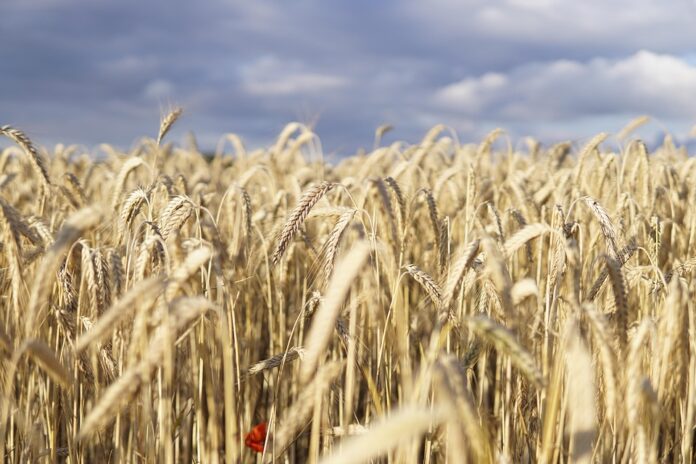Introduction
Moisture balance scales are essential tools in laboratory and on-site quality control processes for determining the moisture content of various materials. These scales are used in a wide range of industries, including pharmaceuticals, food processing, agriculture, and construction. In this report, we will delve into the importance of moisture balance scales, their applications, key features, industry insights, and the top companies in the market.
Importance of Moisture Balance Scales
Accuracy in Moisture Content Determination
Moisture balance scales provide precise and accurate measurements of moisture content in materials, which is crucial for ensuring product quality and consistency. By accurately determining the moisture content, manufacturers can optimize production processes, enhance product shelf-life, and comply with industry standards and regulations.
Efficiency and Time-Saving
Moisture balance scales offer a quick and efficient way to measure moisture content compared to traditional methods such as oven drying. This saves time and resources for companies, allowing them to streamline their quality control processes and make timely decisions based on accurate data.
Applications of Moisture Balance Scales
Pharmaceutical Industry
In the pharmaceutical industry, moisture balance scales are used to determine the moisture content of active pharmaceutical ingredients (APIs) and excipients. Maintaining the correct moisture levels is critical to ensure the stability and efficacy of pharmaceutical products.
Food Processing Industry
Moisture balance scales play a vital role in the food processing industry to monitor the moisture content of ingredients, finished products, and packaging materials. Controlling moisture levels helps prevent spoilage, microbial growth, and quality defects in food products.
Agriculture Industry
In the agriculture sector, moisture balance scales are used to analyze soil moisture levels, grain moisture content, and seed quality. Farmers and agricultural researchers rely on accurate moisture measurements to optimize irrigation practices, prevent crop diseases, and improve crop yield.
Construction Industry
Moisture balance scales are also utilized in the construction industry to assess the moisture content of building materials such as concrete, mortar, and aggregates. Monitoring moisture levels in construction materials is crucial for ensuring structural integrity, preventing mold growth, and minimizing construction delays.
Key Features of Moisture Balance Scales
Precision and Accuracy
Moisture balance scales are equipped with high-precision weighing sensors and advanced temperature control systems to deliver accurate and reliable moisture measurements.
Determination of Moisture Content
These scales use the principle of loss on drying (LOD) to measure the moisture content of a sample by weighing it before and after drying at a specific temperature.
User-Friendly Interface
Modern moisture balance scales feature intuitive user interfaces, touchscreen displays, and customizable settings for easy operation and data analysis.
Industry Insights
Market Trends
The global market for moisture balance scales is projected to grow significantly in the coming years, driven by increasing demand for quality control instruments across various industries.
Top Companies in the Market
1. Mettler Toledo: Mettler Toledo is a leading manufacturer of moisture balance scales known for their precision, reliability, and innovative technology.
2. Ohaus Corporation: Ohaus Corporation offers a wide range of moisture balance scales with advanced features for accurate moisture analysis.
3. Sartorius AG: Sartorius AG is a trusted provider of moisture balance scales designed for laboratory and industrial applications.
Conclusion
Moisture balance scales are indispensable tools for quality control processes in laboratories and on-site settings across various industries. These scales offer accurate moisture measurements, efficiency, and time-saving benefits, making them essential for ensuring product quality and compliance with industry standards. By understanding the importance, applications, key features, industry insights, and top companies in the market, businesses can make informed decisions when selecting moisture balance scales for their quality control needs.




